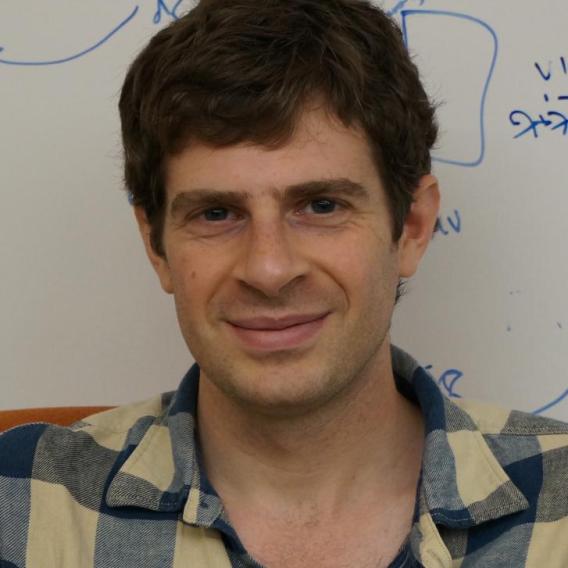
Daniel Bear
Dr. Bear's lifelong interest is in how animals create internal models of the world. What do sensory perceptions tell them about their environment, and how is this knowledge represented in the cells that make up the brain? These questions first led Daniel to Michael Greenberg's lab at Harvard, where he studied how electrical signals (such as those arising from sensory stimuli) induce long-lasting pattrns of neuronal gene expression. After earning his A.B., Daniel stayed at Harvard to join Bob Datta's lab for his Ph.D. Here he focused in on the cellular mechanisms that convert chemical signals -- the odor molecules an animal encounters in the world -- into olfactory perceptions. He and his collaborators discovered a new kind of chemoreceptor protein and a sensory pathway that, when activated, elicits instinctual behavior. Now a postdoc in Dan Yamins's lab at Stanford, Daniel is taking a computational approach to the problem of representing the external world. Can artificial neural networks, if given biologically realistic architectures and sensory experience, "learn" representations that resemble those found in animal brains? If they can, these computational models could explain how sensory information guides decisions. Eventually, they could endow artificial agents with the rich repertoire of animal behavior.